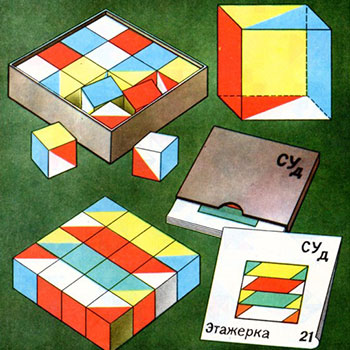One method is to expand the entire expression, and then differentiate using the power rule .
#d/dx (x-1)(x-2)(x-3)#
#= d/dx[(x^2 - 3x + 2) (x-3) ]#
#= d/dx(x^3 - 3x^2 + 2x - 3x^2 +9x-6 )#
#= d/dx(x^3 - 6x^2 + 11x - 6 )#
#= d/dx(x^3) - d/dx(6x^2) + d/dx(11x) - d/dx(6)#
#= 3x^2 - 12x + 11 - 0#
#= 3x^2 - 12x + 11 #
Another method is to use the product rule, which I'll show here:
#d/dx f(x)g(x) = f(x) d/dx g(x) + g(x) d/dx f(x)#
We want to find #d/dx (x-1)(x-2)(x-3)#
We can apply the product rule in stages:
First, let's let our #f(x) = x-1# and #g(x) = (x-2)(x-3)#.
#d/dx (x-1)(x-2)(x-3)#
#= (x-1)d/dx[(x-2)(x-3)] + (x-2)(x-3)d/dx[x-1]#
The right side is easy enough: #d/dx[x-1] = (1-0) = 1#
So now we have:
#(x-1)d/dx[(x-2)(x-3)] + (x-2)(x-3)#
Now we apply the product rule again, this time with #f(x) = x-2# and #g(x) = x-3#.
#(x-1)d/dx[(x-2)(x-3)] + (x-2)(x-3)#
# = (x-1)[(x-2)d/dx(x-3) + (x-3)d/dx(x-2)] + (x-2)(x-3)#
# = (x-1)[(x-2) + (x-3)] + (x-2)(x-3) #
# = (x-1)(2x-5) + (x-2)(x-3)#
# = (2x^2 - 7x +5) + (x^2 - 5x + 6)#
# = 3x^2 - 12x + 11#
which is the same as our previous answer.

